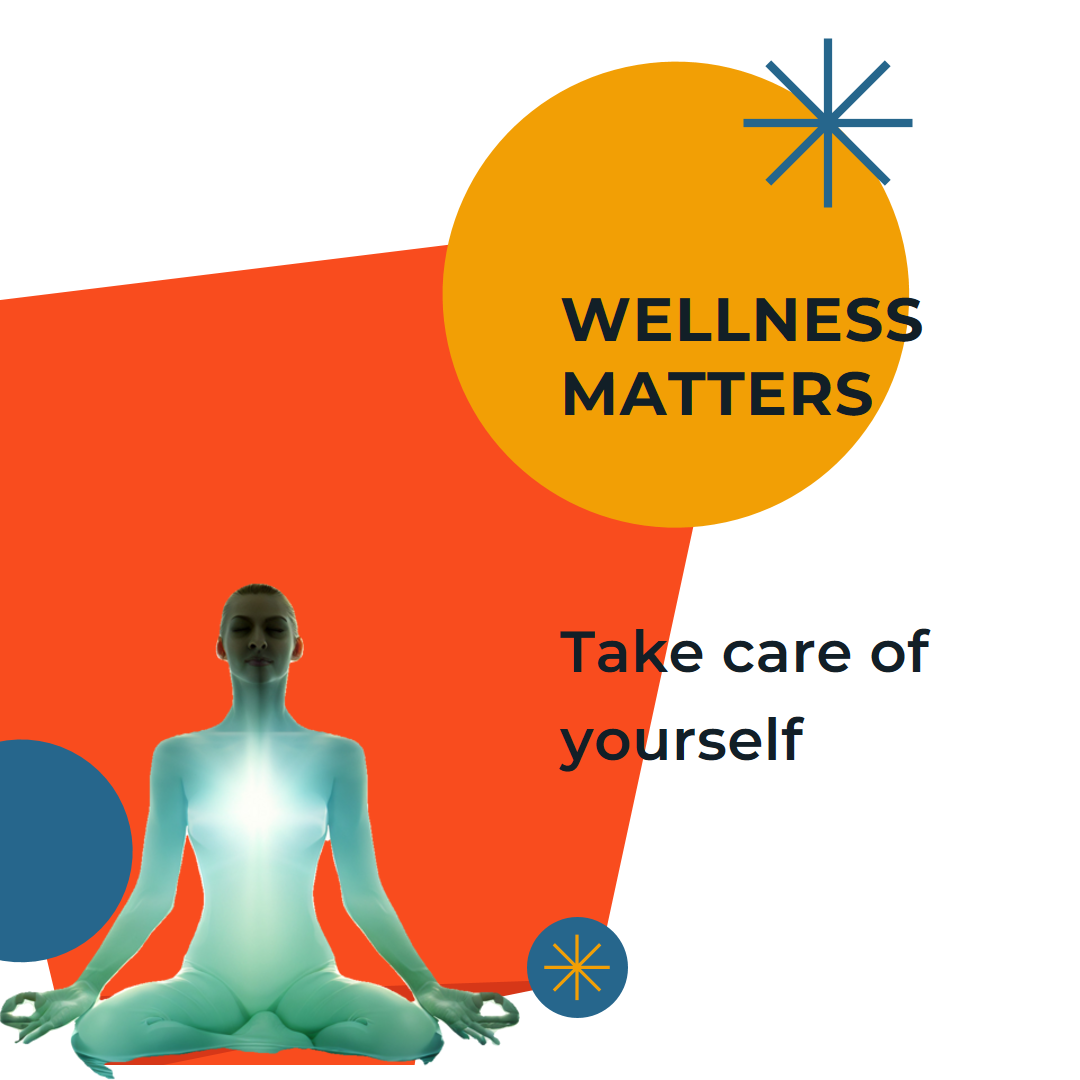Wellness
Learn about wellness.

Wellness has become a buzzword in recent years. But what exactly does it mean? In its simplest form, wellness refers to a state of being healthy in body and mind, especially as an actively pursued goal. More than just being free from illnesses, it is a dynamic process of change and growth, encompassing physical, mental, and social well-being.
Physical wellness is to overall body health, a crucial component of complete wellness. Regular exercise, a balanced diet, adequate sleep, and avoidance of harmful habits like smoking and excessive drinking are key factors associated with physical wellness. It's not just about what's on the outside; the body is a dynamic system that constantly requires maintenance and care.
Mental wellness, on the other hand, encompasses one’s inner health, which includes emotional, psychological, and social aspects. Mental wellness plays a significant role in how we handle stress, relate to others, and make choices. From stress management to self-care, mental wellness is essential to maintain a balanced life.
In an era where burnouts and chronic diseases are common, a holistic approach to health is essential. People are actively seeking ways to achieve this balance, making wellness an integral part of their lifestyle. From incorporating mindfulness practices like yoga and meditation, to maintaining nutritious diets and regular exercises, the approach to health has undoubtedly evolved.
The wellness trend has also given rise to several multidisciplinary industries, including the fitness industry, wellness tourism, wellness real estate, and the spa industry. These industries focus on providing products and services specifically designed to promote overall health and well-being. Many offices are now also taking steps towards cultivating a work environment that supports employee wellness by offering perks such as gym memberships or in-house wellness programs, further demonstrating society’s shift towards valuing overall wellbeing.
The concept of wellness emphasizes emotional stability and stress management rather than just physical health. It encourages healthy habits, awareness, and a proactive approach to health. An individual who is well not only feels good but also thrives in different areas of life, including work, personal relationships, and self-growth.
While it's easy to get caught up in the frenetic pace of modern life, it's crucial to remember that wellness is a journey, not a destination. There is no ‘one-size-fits-all’ approach to wellness, as it is influenced by an individual’s background, circumstances, and lifestyle. Ultimately, wellness is a commitment that involves making conscious decisions every day that lead to a healthier, fulfilling life.
A balanced state of wellness not only benefits individuals but also has a ripple effect on society. By investing in our well-being, we are not only enhancing our health, but also boosting productivity, fostering positive relationships and ultimately contributing to the betterment of our communities and society at large. It is safe to say that wellness, in all its dimensions, is not just a trend but a lifestyle that is here to stay.